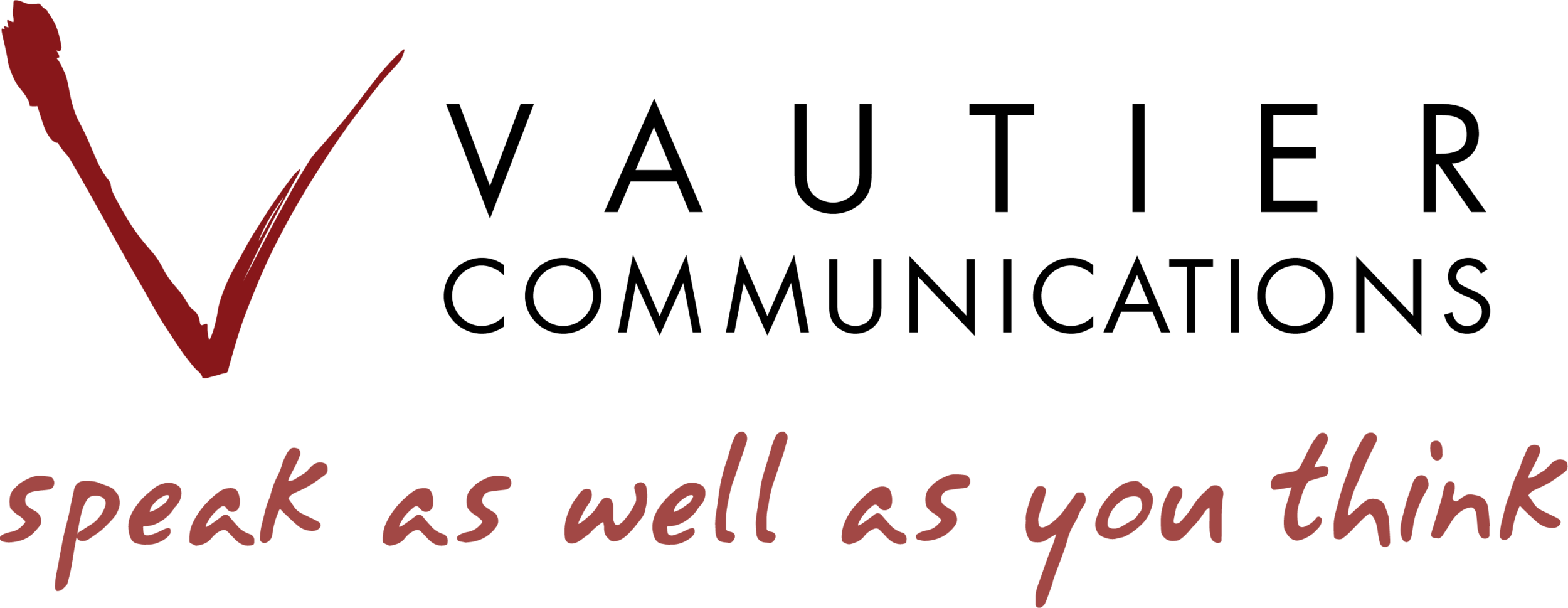1 of 6 Building Trust in Business: Be on time!
Being on time (or early) is an easy way to build trust. And without trust, business doesn’t happen. When we’re on time, the person or people we’re meeting with:
1️⃣ See that we respect their time and can honor our commitments
2️⃣ Know we can plan in advance
3️⃣ Believe they can count on us in the future
⠀⠀⠀⠀⠀⠀⠀⠀⠀
However, for some of us, being on time is not that simple. And it’s not out of blatant disrespect for the other person’s time. Our tardiness may have everything to do with:
🔸Multitasking and losing track of time. If we’re someone who operates under the notion that “I perform better under pressure”, we may try to get too many things done before a scheduled commitment - resulting in leaving late and arriving late.
🔸 We may not have the discipline to stop ourselves from the task were involved/enthralled with and leave to arrive on time.
🔸 We may not perceive time in the same way as our punctual counterparts. A study at San Diego State University by Jeff Conte found that Type A personalities sensed that one minute passed in just 58 seconds while Type B personalities were closer to 80 seconds.
⠀⠀⠀⠀⠀⠀⠀⠀⠀
If you’re chronically late, here are a few things you can do to be on time:
🕒 Set an alarm on your phone for 5 minutes before your departure time. That way, if you get involved in a task, you won’t lose track of time.
🕒 Don’t commit to a meeting unless you’re POSITIVE you can arrive on time. If you schedule a meeting that’s on the other side of town just 30 minutes after another meeting, you’re not setting yourself up for success. Assume the worst and plan backward.
🕒 Have a plan B. What happens if transportation isn’t running, how will you get there? What about planning for the weather if it’s mid-January?
🕒 If there’s even a slight chance you may be late, communicate that (as early as possible) to the person you’re meeting with - even if it’s at the time you initially schedule the meeting.


